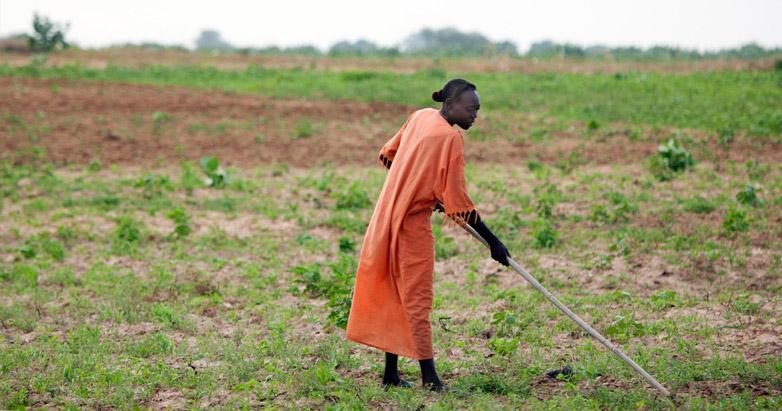On behalf of UNFPA, the United Nations Population Fund, I am pleased to address the conference stressing our commitment to support the Darfur Development Strategy and to express our sincere appreciation to the State of Qatar for organizing this conference.
A decade into the conflict in Darfur, the needs of the people of Darfur continue to evolve and the challenges persist.
Maternal death rates in Darfur region are amongst the highest in Sudan and stands at 334 in South Darfur and 322 in West Darfur compared to the national ratio of 216 per 100,000 live births, according to the Sudan Household Health Survey 2010. Only 42% of health facilities in Darfur can provide Basic Emergency Obstetric Care and only 46% of all births are attended by a skilled birth attendant. In the whole region, while approximately 74% of women have access to antenatal care only 18% of women receive postnatal-care.
Access to services varies greatly according to socio-economic status and according to security factors. Without access to basic health services, it is not surprising that the highest rates of maternal disability in the country, mainly Obstetric Fistula, exist in Darfur.
The great majority of health facilities; ranging from Primary Health Care Centres to hospitals, are in poor condition and require some level of renovation or reconstruction. Even where facilities exist and are functioning, services are limited and quality is poor.
In many areas in Darfur, women bleed to death when experience childbirth complications due to lack of blood banks. Less than one third of health facilities in rural areas can provide life-saving blood transfusions for emergency cases.
There is a severe shortage of midwives, community health workers and nurses. While the government of Sudan has made the training of Village Midwives a priority, midwifery education is facing severe challenges in the five Darfur states.
Another challenge is the physical, social and economic wellbeing of women and girls in Darfur. Women and girls continue to bear the brunt of the conflict. Besides suffering from lack of maternal and neonatal health care, women and girls in communities across Darfur are vulnerable to gender-based violence including child marriage and Female Genital Mutilation/Cutting.
Since 2004, UNFPA has been one of the major players in Darfur, providing life-saving and humanitarian assistance. In harmony with the Darfur Development Strategy, UNFPA in its new 4-year programme cycle (2013-2016) will provide financial and technical support to the five Darfur States. UNFPA will engage with communities at the locality level to build capacities in providing reproductive and maternal health services; supplies and equipment; service delivery training; prevention and response to gender-based violence, Fistula and Sexually Transmitted Infections such as HIV/AIDS; rehabilitation of facilities; data availability and analysis; health education for communities as well as advocacy for favorable policies and legislations addressing women and youth empowerment.
UNFPA is committed to closely work with the Darfur Regional Authority, the Government of Sudan, the international community and UNAMID to help the people of Darfur enjoy the dividends of peace moving from dependency to self-reliance and prosperous future.
Without the crucial financial support from donors for recovery and long lasting solutions, this momentum and opportunity will be lost.


